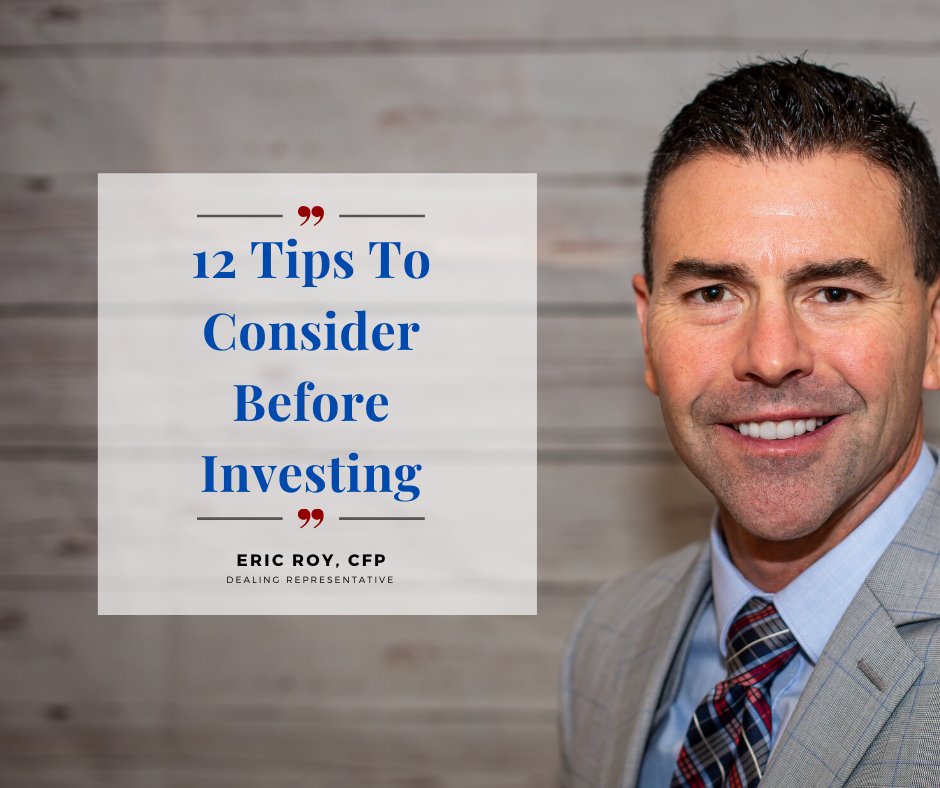Finding a Financial Advisor who is the Best Fit for You – and Your Money
When it comes to your finances and planning for your family’s future, you want to ensure that you are working with a financial advisor who is not only knowledgeable but who truly has your best interest at heart. But how can you ensure that you find the best fit for you? How can you distinguish between someone who is more concerned with growing their bank account from someone who wants to help you grow yours? Well, there are a number of things that ought to be kept in mind and measured when deciding. Keep reading to find out some of the most important things to consider when choosing a financial advisor.
What is the Financial Advisor Offering You?
Put simply, if a financial advisor makes a promise that seems too good to be true or unattainable, you should walk out of the meeting right then and there – and take your money with you. This is because a financial advisor needs to explain how he/she will invest for you and help you to grow your portfolio. What they don’t need to do is to make worthless promises. Remember the old adage, if it sounds too good to be true, it probably is.
If you feel that the advisor is making a lot of claims or promises that they might not be able to follow through on, ask them tough questions. Ask them how they intend to handle opportunities that come along, as well as risks, find out how often they make adjustments to their client’s portfolios as the economy and market changes. This is some of the information that you need in order to make a knowledgeable decision.
What Kind of Experience Do They Have?
Experienced advisors have been exposed to both good and bad markets, and will probably be able to tell you some of the factors that made them that way. Although the reasons might change, an experienced financial advisor is likely to understand the factors and potential consequences more than those with less experience.
What is Their Strategy?
 The reality is that if an advisor has a strategy that is too complex for you to understand, or for them to explain clearly to you, then you probably don’t want your money being part of it. Think about it this way, if a strategy is too complicated the less control that the advisor will have when the markets take an unexpected turn.
The reality is that if an advisor has a strategy that is too complex for you to understand, or for them to explain clearly to you, then you probably don’t want your money being part of it. Think about it this way, if a strategy is too complicated the less control that the advisor will have when the markets take an unexpected turn.
When it comes to your portfolio and investing, there is no guarantee that results will play out the way that was intended, but if you don’t understand what is being done with your money then how can you even have a say as to whether or not you are comfortable with the risk?
Conclusion
There are a lot of things that have to be taken into consideration when choosing a financial advisor. While the three basic questions listed above certainly have to be considered, it is important that you ask any other questions that you might have. After all, it is your portfolio and your hard earned money.



